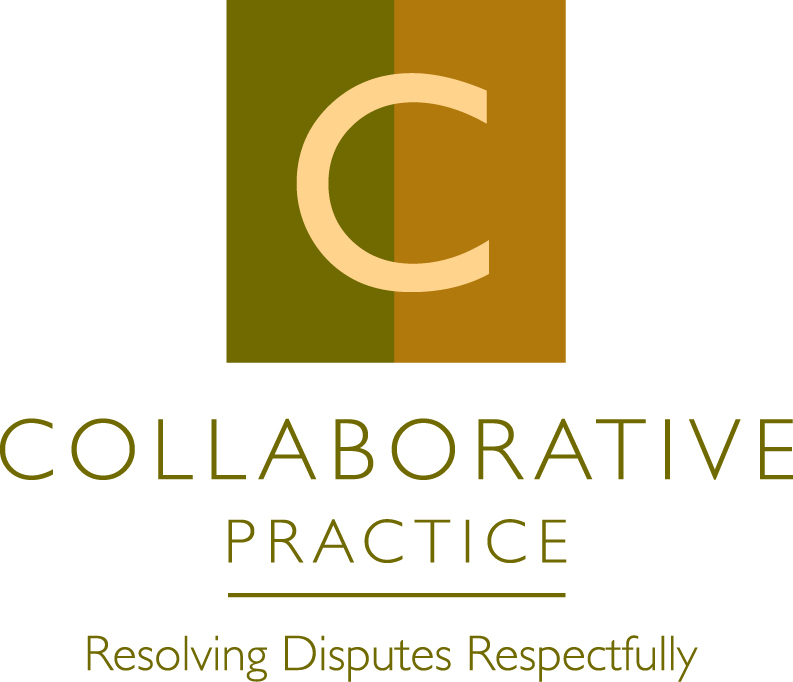Video: Financial Planner Recommends Collaborative Divorce
For quite some time, attorneys and mental health professionals have been striving to let the public know that there is a better way to dissolve a marriage: collaborative divorce. Parents do not need to put their children through the horrors of a courtroom custody battle. They can enter into the collaborative process and make decisions in a non-adversarial, private environment where they have the support they need.
Now financial planners are also extolling the benefits of the collaborative process. In the short video below, Justin Reckers, a Certified Financial Planner and CEO of Wellspring Divorce Advisors discusses the collaborative divorce process.









